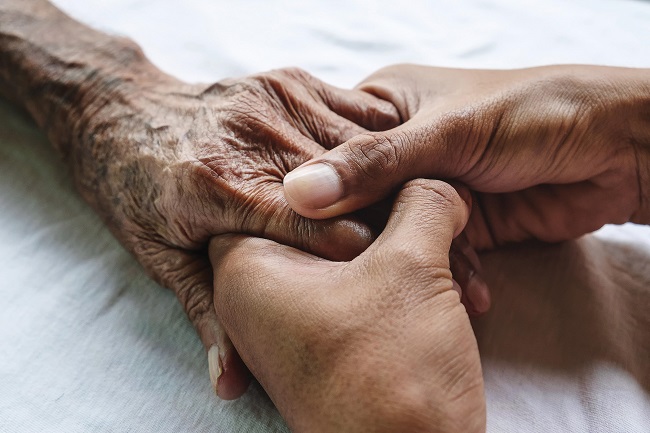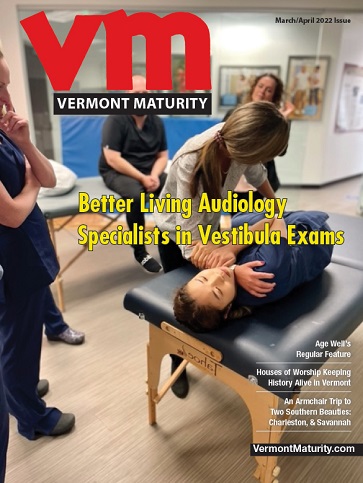
Most of us will experience the passing of a parent, partner, or friend over our lifetimes. Their final hour on this Earth is a time that, most likely, you will never forget. Sometimes, you can be present to attend to a loved one in their last hours, sometimes, you may not get there in time. Perhaps their passing is unexpected. No matter what happens, there are ways to plan to make your loved one’s passing as smooth as possible for them, for you, and for others who love them.
First, Take Care of You
As your loved one gets closer to passing, your relationship with them will enter a new place. This transformation from what you knew, to uncharted waters, may make you feel restless, angry or question if you did enough for and with them. This is natural. It’s a good idea to talk with others. You can seek out friends that have dealt with similar situations, look for support groups and seek professional help. Talking about your feelings is key to processing what is happening, healing, and moving forward.
The Final Hour: Saying Goodbye
Once the time had come to say goodbye, it may be impossible to know if your loved one understands you or knows you are there. We know that even when someone is not coherent, they may hear you, they may sense your presence, and feel your touch. Most of all, you know that you are there and that is important.
The way we approach a loved one’s last moments is often informed by our beliefs. Everyone chooses their own way to say goodbye, and what you choose will be just right for you. It is not necessarily a time to feel pressured to come up with great wisdom or to attempt conversation; not necessarily a time to build bridges or make amends. For most people, simply being there and thinking about what they meant to your life, and the love you have for them, is enough.
Saying Goodbye when You Cannot be Physically Present
Sometimes it is impossible to know when someone will pass, or time and distance make it too challenging to be at their bedside. Caretakers may have ideas to help your loved one feel your presence without you being physically available. Perhaps ask a caretaker to play favorite music you enjoyed together, or if they are religious make sure their needs are met. In most situations it is also okay to facetime, zoom or video chat while someone is actively passing so you feel like you are there with them, and they can feel like they are there with you.
Finding Closure When Your Loved One Passes Unexpectedly
If your parent, partner, or friend passed unexpectedly, then that means they passed fast, and that is always positive. At this point, it is important to find closure. You can reminisce with family and friends, look at pictures, or save an article of clothing with their scent so you can begin to work through the grieving process.
Moving On: Grief and Honoring Your Love
After your loved one has passed, you will experience grief. The five stages of grief are: denial, anger, bargaining, depression, and acceptance. As scientific as this sounds, we never know what order they are going to come in and how many times they may visit you. In the days that follow that final hour, acknowledge what your parent, partner, or friend, and you had together. Find a way to celebrate or memorialize what they gave to you.
Telling People That Your Loved One is No Longer with Us
There are many expressions to communicate that your parent, partner, or friend has died; some are grounded in religion, culture, or society. The one that works best for you may come to mind; if not, it is okay to just let people know that “they are no longer with us.” You don’t have to go into detail unless you want to. Most people will not ask questions.
As you move past the death of a loved one, remember that most of all, you are at the center of your own life: you were living when you loved them, and you are living now.
Vicky Parra Tebbetts is a freelance writer who loves all things Vermont. She writes on behalf of Mayo Healthcare, a locally owned nonprofit located in Northfield, Vermont, offering residential care, expert rehabilitation, and skilled nursing services. Visit MayoHC.org or call 802-485-3161.
Related Articles & Free Vermont Maturity Magazine Subscription

How to Choose the Right Executor for Your Will
Simple and Inexpensive Final Farewells






Comment here